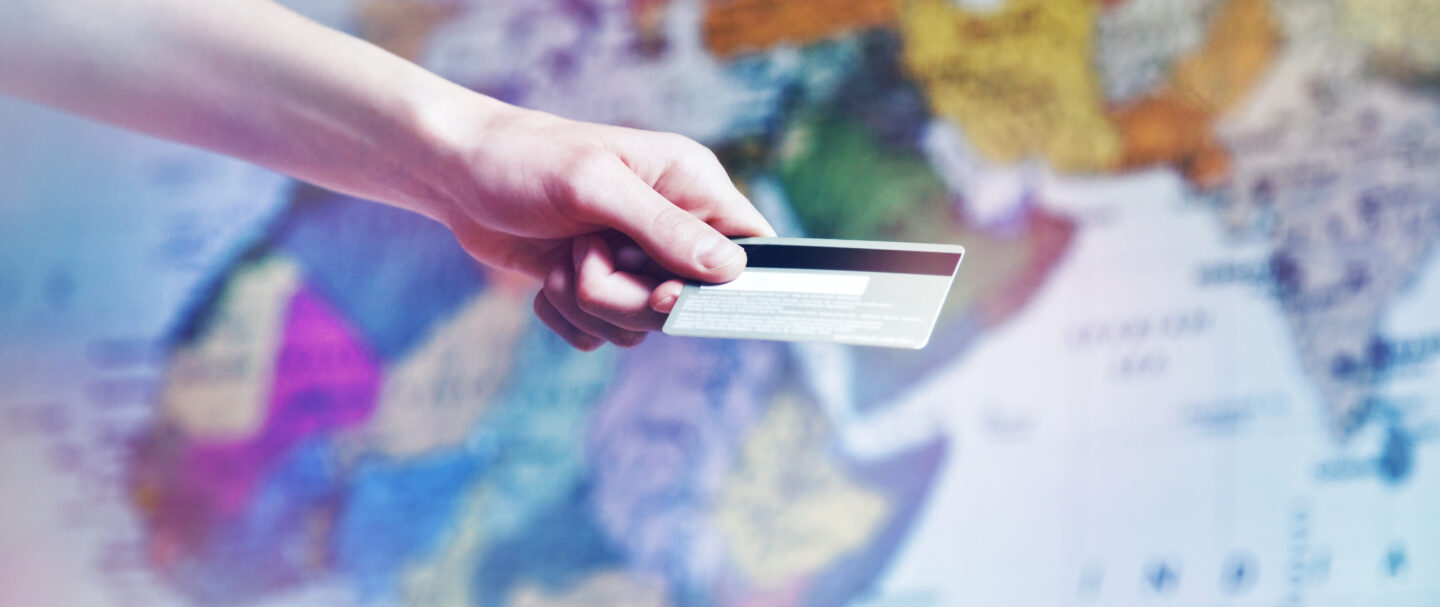
Hello, world! Digital-first payments in the APAC and beyond

The last twenty years’ digitization of economies has brought about many significant societal and economic changes. Technology has changed the ways that goods and services are paid for, and many of the changes have happened first in the Asia-Pacific region. To this day, the rest of the world looks to the APAC as a vision of the future, for ways that the next decade’s financial systems may change. For many residents in the area, a purely cashless lifestyle is normal — quite the contrast with much of the rest of the world, Europe and North America included.
Many of the changes in the last 20 years have caused a significant decline in the role, stature, and therefore market share of the “traditional” financial institutions. Banks and finance houses steeped in history have struggled to modernize quickly enough and lost customers and mind share to more agile, digital-first companies. As more commercial activity moved online and physical currency exchange methods went cashless, aspects of life now taken for granted in parts of the APAC, like digital wallets, were unimaginable a few decades ago. To some older finance houses, digital remains an outlier service.
Online trends continue to percolate into real-life financial transactions, and paying customers demand the type of facility or experience they get online in all aspects of life. So-called super apps that conglomerate services and multiple marketplaces create a space where trade is seamless between businesses and consumers across borders and currencies, instigated by the touch of a phone screen.
There are also newer preferences emerging, like Buy Now, Pay Later for goods and services in the B2B space that have percolated from B2C. These types of facilities have come about because of the blurring of the lines between digital payment providers and traditional banks. The differences between clearing houses, payment gateways, consumer banking, and foreign exchange bureaux are gradually being lost as consumers and businesses demand easier transactions at lower costs.

Agile, expanding businesses can leverage end-to-end logistics and fulfillment services that will, for a small percentage of an SKU’s price, pick, package, and deliver anywhere in the world, and invoke seamless omnichannel returns where necessary, too. But despite the widespread digitization of much payment activity, companies can still find exploring new markets and scaling into new territories challenging.
The big stumbling blocks are:
– High transaction fees and FOREX fees. methods of foreign currency exchange rates and the opacity of many specialized FOREX services,
– Compliance, regulatory and risk management: keeping your funds safe and your business compliant,
– Localized complexities around the multiple layers of payment methods, providers, acquirers, integration, tariffs, tax, import, and export,
– The logistics nuances of having local entities, consultancy and staff.
Businesses are facing the challenge of managing and optimizing through this complexity, while expanding and scaling into new markets. Larger companies have been able to employ dedicated specialists in tax and compliance to support a move into, for instance, a new geography. But as well as the cost of this type of facility, hand-picking experts to smooth a new venture abroad or into a new domestic vertical limits a company’s agility. There’s no way a company can test the water in a new market and expand into it quickly if the opportunity arises — by the time the business processes are in place, the moment will have passed. There is also the raft of issues that the passage of time may bring: legislation and tax bureaucracy change all the time and staying compliant in all aspects of trade is a juggling act without respite.

However, the payment service provider in 2022 can act as a company’s go-to partner for digital commerce, simply “taking care” of the details of a streamlined cross-border payments experience and infrastructure in different markets. That ability comes from the demand from users for simple, fast, and convenient experiences when running businesses online. If the 19th-century banking institutions of the world were unable to adapt fast enough, it has fallen to the payment providers to offer the type of end-to-end solution that the major logistics companies are now offering for the operational side of the business.
Where many platforms fall short – especially those offered by less digitally-focused payment providers – is in the capabilities and infrastructure of addressing the complex needs that arise when SMBs and SMEs expand into new markets.
The logical step to take is to expand to new markets through digital channels only, thus avoiding the costs and resource drain of setting up local business entities and hiring local staff. Yet those that don’t physically localize get no proper access to the payment channels and services that are key to growth and market penetration.
Despite significant investment in developing an effective sales funnel and market expansion plan, a pure-play digital-first market expansion will suffer because of issues like low acceptance rates, high FOREX and transactions fees, and limited payment method coverage. Conventional payment gateways simply can’t overcome these issues.
Finding the right partner that understands these challenges and one that’s capable of filling the gaps in required infrastructure is surely the way that SMBs and SMEs can expand into new markets.
About Payoneer
Payoneer is the world’s go-to partner for digital commerce, everywhere. From borderless payments to boundless growth, Payoneer promises any business, in any market, the technology, connections and confidence to participate and flourish in the new global economy.
Since 2005, Payoneer has been imagining and engineering a truly global ecosystem so the entire world can realize its potential. Powering growth for customers ranging from aspiring entrepreneurs in emerging markets to the world’s leading digital brands like Airbnb, Amazon, Google, Upwork, and Walmart, Payoneer offers a universe of opportunities, open to you.
READ MORE
- Ethical AI: The renewed importance of safeguarding data and customer privacy in Generative AI applications
- How Japan balances AI-driven opportunities with cybersecurity needs
- Deploying SASE: Benchmarking your approach
- Insurance everywhere all at once: the digital transformation of the APAC insurance industry
- Google parent Alphabet eyes HubSpot: A potential acquisition shaping the future of CRM
